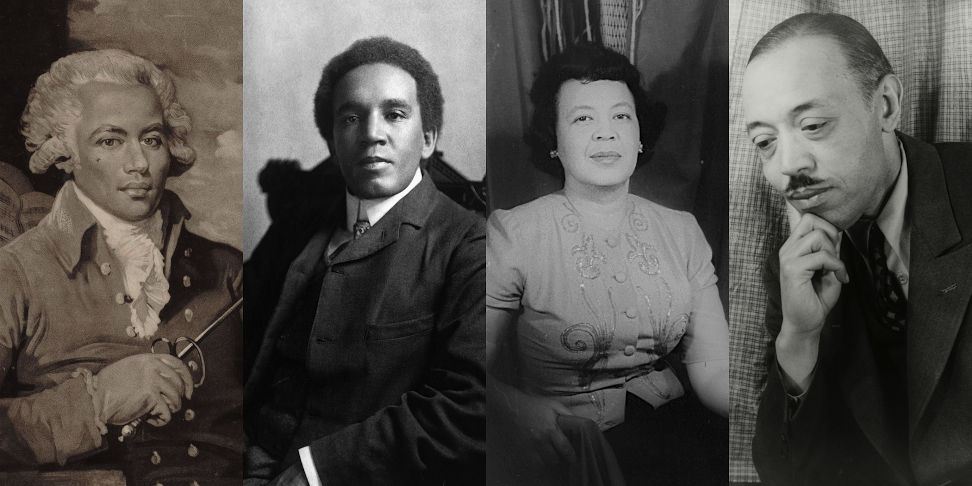Before the Civil War, there were a few classically trained African American composers who worked professionally in the United States. They received their formal instruction from immigrant European musicians who had settled in large cities. By the end of the 19th century, musical nationalism led to some Black composers exploring the use of African and African American musical idioms in Western art forms to declare their cultural heritage. These early pioneers wrote short compositions based upon European American models such as ballads, hymns, anthems, and marches. They also wrote social dance music such as walkzes, cotillions, and polkas. Lastly, they wrote descriptive pieces for piano, minstrel tunes, or popular operas.
 During the antebellum period, there were Black composers who taught at the Philadelphia school. These included Francis Johnson, James Hemmenway, and Isaac Hazzard to name a few. I have included a video from Ulysses Kay, a notable Black composer. Many of these reputable composers received academic training. Black composers were prevalent through the post emancipation period, harlem renaissance, modern era, and postmodern eras. After emancipation, Black Black composers drew upon Black folk characteristics to create a Black national style of music.
During the antebellum period, there were Black composers who taught at the Philadelphia school. These included Francis Johnson, James Hemmenway, and Isaac Hazzard to name a few. I have included a video from Ulysses Kay, a notable Black composer. Many of these reputable composers received academic training. Black composers were prevalent through the post emancipation period, harlem renaissance, modern era, and postmodern eras. After emancipation, Black Black composers drew upon Black folk characteristics to create a Black national style of music.
The social and political changes that occurred during the 20th century gave Black composers many benefits. It allowed easier accessibility to quality higher education, the ability to travel and have their compositions performed and heard by audiences around the world, as well as the ability to have their music published and recorded. During the antebellum period Black composers were not afforded the same opportunities as Whites because of slavery. This exemplifies social implications that occured during this period. Black composers have contributed to classical music in the United States for two hundred years.
Through classical music, influential composers incorporated the sounds of urban Black America in their compositions which led to a post-nationalists style of African American concert music by the end of the 20th century,

